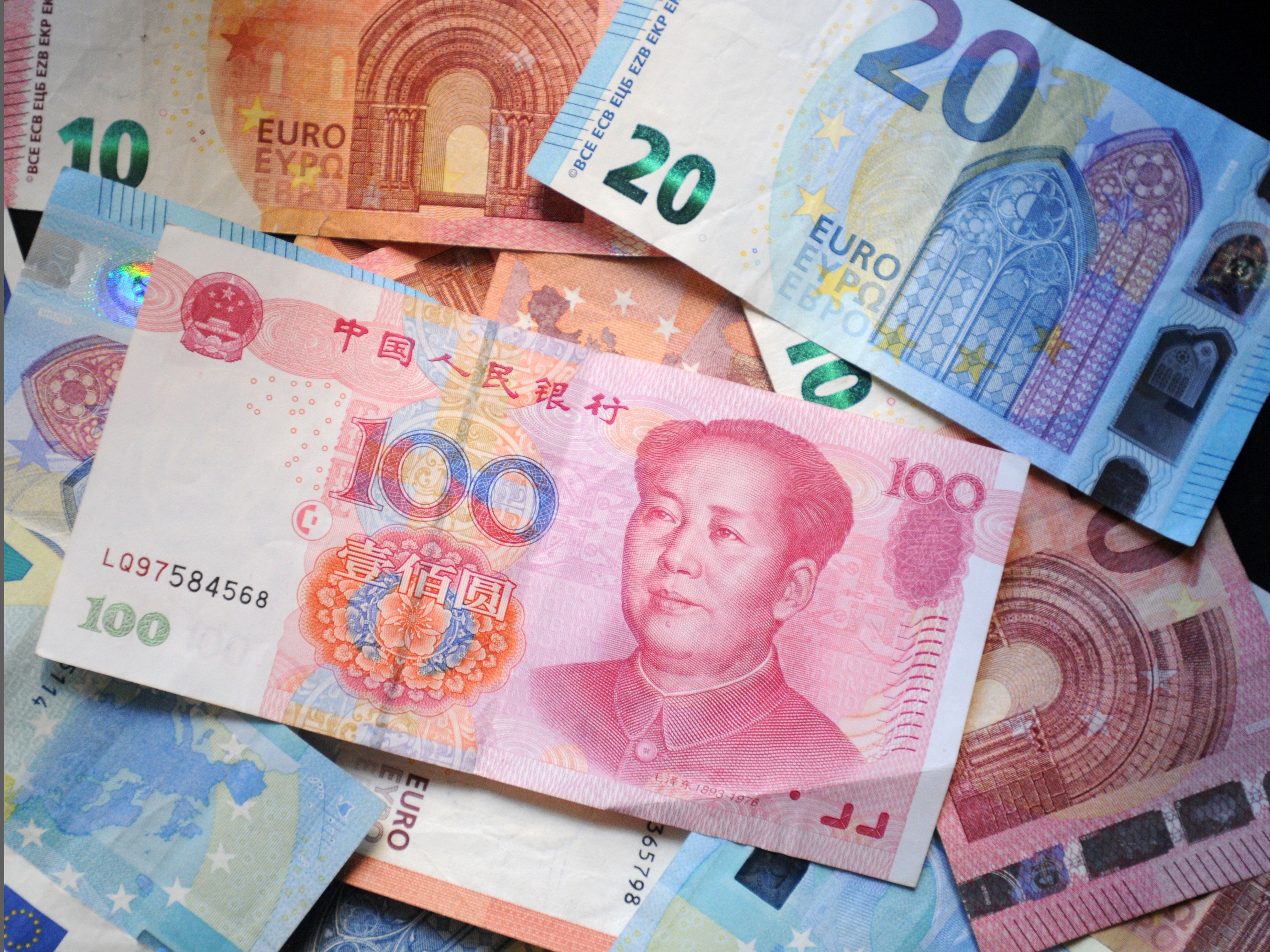
Why did China’s GDP fall and what does this mean for the country’s economy?
As a result of the COVID-19 pandemic and introduction of lockdowns and other restrictions in the first quarter of this year, consumption fell by 19%, year on year, exports by 11.4%, and investment by 16.1%. Although Chinese official data sometimes is suspect, it seems these figures can be trusted. The slight improvement in March (e.g., consumption dropped less, by 15.8%) when many plants resumed operations indicates the difficulties in restarting the economy after the pandemic. Factors may include the fear of a “second wave” of infections, which would limit retail sales again, and weaker global demand, harming Chinese production and exports. Although in recent years the Chinese authorities announced a departure from pursuing a high GDP growth rate, it is still important to job creation and other parts of the economy. A strong decline in GDP in Q1 increases the likelihood of low growth dynamics in China throughout 2020.
How do the authorities intend to counteract the economic crisis?
The exact plans have not yet been announced but the Chinese authorities probably will strongly stimulate the economy, which, though low compared to other countries, they’ve already been doing. This can be accomplished through increased fiscal packages, including tax benefits, bond issues (including by provinces), and public investments. It is possible, for example, to loosen the recently introduced restrictions on the purchase of real estate in cities and further stimulate lending, for example, by reducing the required reserves in banks. To facilitate internal migration, the authorities have announced further liberalisation of the reporting system (hukou). The current system limits the rights to benefits offered by the state and local government in the administration structure where a person works but which is not where they were officially registered at birth.
Will the bad economic results have political consequences?
In the short term, the bad results can be blamed on the restrictions associated with the fight against the coronavirus (SARS-CoV-2) and the authorities are promising a rebound in the remaining months of 2020 and into 2021. However, if this fails and unemployment starts to rise, companies go bankrupt and social stratification increases—with outbursts of social discontent—all this will strengthen the opposition in the Chinese Communist Party to Xi Jinping’s rule. From the political perspective, it’s also important to prevent a decline in the standard of living of those aspiring to enter the middle class and for millions of labour migrants. To channel the negative moods, the Chinese authorities will resort even more strongly to nationalist sentiments, both in the context of the rivalry with the U.S. and the putting responsibility on foreign countries (including EU states) to control any new wave of infections.
How will the deteriorating economic situation in China affect the EU?
Poor consumer demand on the Chinese market means weaker sales for EU companies, such as automotive companies. In turn, instability in global markets may translate into less Chinese investment, such as the purchase of machinery supplied by European companies. Due to the significance of the Chinese market for many of them, the loss of sales may result in the need to reduce costs, including employment. Individual European entities may even more seriously consider moving some production out of China due to the need to stabilise their supply chains. Increased financial needs inside China will weaken its outward-facing actions (such as the Belt and Road initiative); however, the authorities may be interested in buying up European high-tech companies that have lost market value as a result of the crisis.




